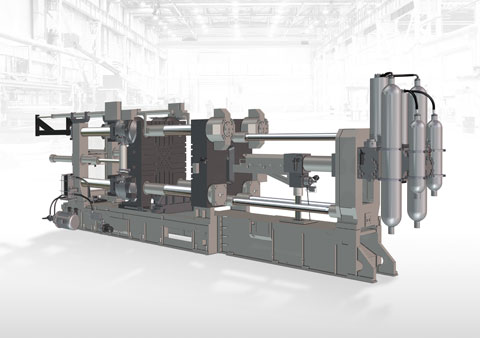
Magnesium alloy bike parts & componenets for kid’s push bike

Magnesium alloy die-casting wheel for ebike

Μέρη και εξαρτήματα χύτευσης από κράμα μαγνησίου για ηλεκτρονικά ποδήλατα

Magnesium alloy rigid fork for bicycle -customized die casting metal parts

Εξατομικευμένα προϊόντα χυτηρίου εξαρτήματα χύτευσης υψηλής ακρίβειας για ενσωματωμένο πλαίσιο e-bike

Κέλυφος κινητήρα με χύτευση ηλεκτρικού οχήματος από κράμα μαγνησίου

Σκελετός ποδηλάτου βουνού Magensium

OEM ζάντες από κράμα μαγνησίου χύτευσης υψηλής πίεσης για e-bike

Μεταλλικά μέρη χύτευσης από κράμα μαγγενίου Thixomolding

Κράνος Thixomolding από κράμα μαγγενίου

Μεταλλικά μέρη χύτευσης από κράμα μαγγενίου Thixomolding

Magnesium alloy Thixomolding parts for oxygen suction machine housing

Magnesium alloy Thixomolding power batter housing

Μεταλλικά φρένα Thixomolding με χύτευση από κράμα μαγγενίου

Magnesium alloy Thixomolding power batter housing

Μέρη και εξαρτήματα χύτευσης από κράμα μαγνησίου για ηλεκτρονικά ποδήλατα

 0086-750-5616188
0086-750-5616188 +86 13392089688
+86 13392089688 sales@zhongmei-tech.com
sales@zhongmei-tech.com








